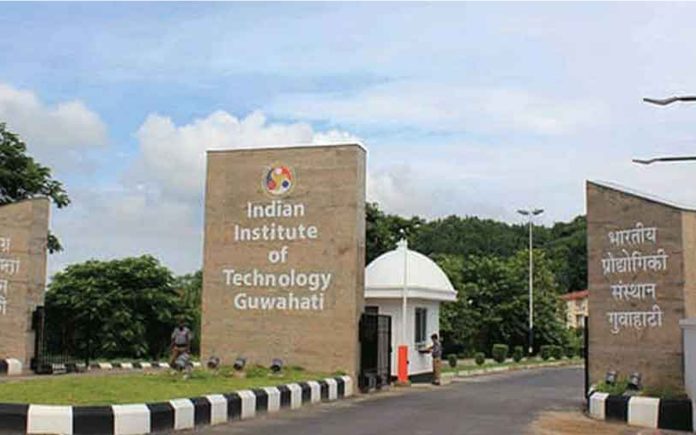Indian Institute of Technology, Guwahati researchers have developed a new strategy to deliver chemotherapeutic drugs specifically to the cancerous cells in a patient’s body. The path-breaking results of this research have been published in prestigious journals of The Royal Society of Chemistry including ‘Chemical Communications’ and ‘Organic and Biomolecular Chemistry’. The research papers have been co-authored by Prof Debasis Manna, Department of Chemistry, IIT Guwahati, along with his research scholars Subhasis Dey, Anjali Patel, and Biswa Mohan Prusty, among others.
According to a press release from IIT, Guwahati, a part of the ongoing research was recently highlighted as the cover page of Chemical Communications.
“The problem with existing chemotherapeutic drugs is that they kill healthy cells of the body in addition to cancerous cells, leading to numerous undesirable side effects. In fact, it is believed that cancer deaths are as much due to the side effects of chemotherapy as the disease itself. There is worldwide research to overcome the drawbacks of secondary toxicity of chemotherapeutic drugs. Some strategies that are being explored include target-specific delivery of the drugs and on-demand delivery of appropriate drug doses to cancerous cells/tissues. These crucial needs will be fulfilled with our latest research. The societal impacts of this work cannot be overstated. Given that the number of cancer patients in India is anticipated to be 30 million by 2025, the development of effective chemotherapeutic drugs and delivery systems is critical. We believe that the development of target-specific, light-responsive, self-imaging macrocyclic lipids could help in image-guided chemotherapeutic applications,” said Prof Debasis Manna, Department of Chemistry, IIT Guwahati explaining about the research.


